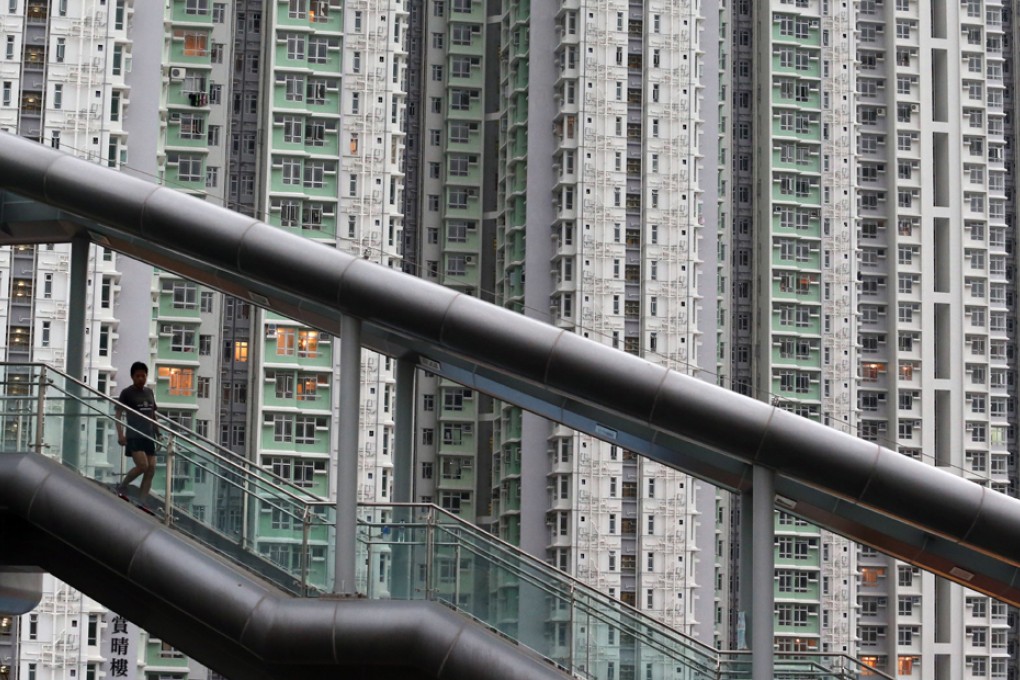Stop rampant abuse of government's offer of low-rent public flats
Chu Kar-kin calls for a crackdown to ensure only people in need benefit

Some public housing tenants are abusing the use of their apartments while hundreds of thousands of Hong Kong people remain on the waiting list. Contradictions abound.
Tenants with income that exceeds the government-mandated ceiling are requested only to pay up to double the rent, which normally averages HK$1,500. Tenants whose assets and income both exceed the ceiling must vacate their flats - but it can take years to move them out. Meanwhile, families who need shelter have to squeeze themselves into subdivided units. Who is at fault?
The supply of public housing is not meeting demand. It has become common practice for young people to submit an application for public housing once they reach 18, no matter what their actual needs are. Even university graduates join the queue. Some are encouraged to do so by their parents.
The supply of flats is restricted by land supply and the long construction time for new buildings. With demand seemingly rising each year, the supply is unlikely to meet needs by the end of this government's term.
Excluding the quotas for single elderly applicants, on average, it takes more than the three years the administration has pledged as its target for each eligible applicant to get a government flat.
Abuses have been revealed, yet the Housing Authority is obviously not doing its job properly. Many cases end up with a warning or a closed file, rather than a prosecution. Taxpayers and those waiting in the long queues are frustrated.
Abuse includes using the flats for commercial activities: as business premises for hair stylists and other service providers; as food pantries and for storage; as tuition rooms or even mahjong parlours. This is unfair to competitors who have to pay higher rents in malls.